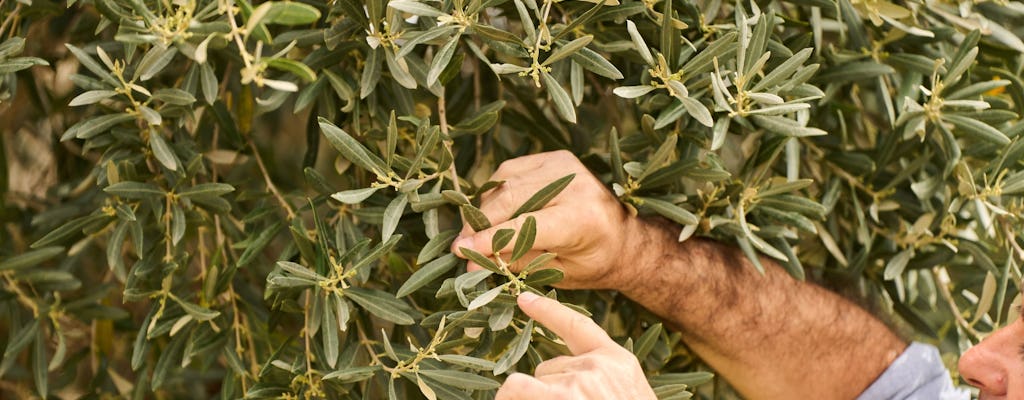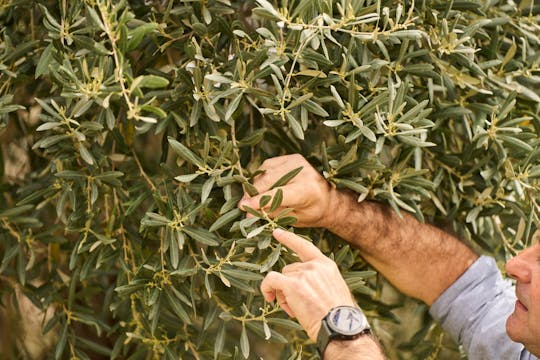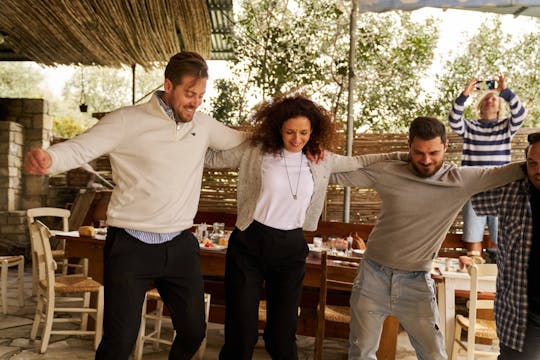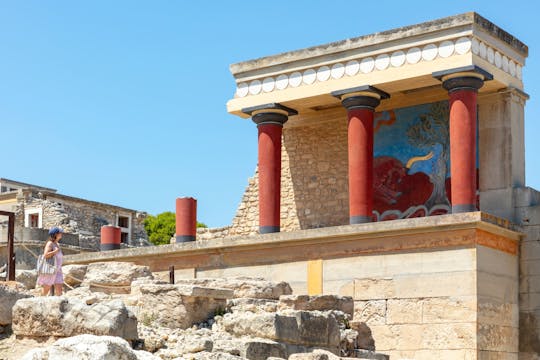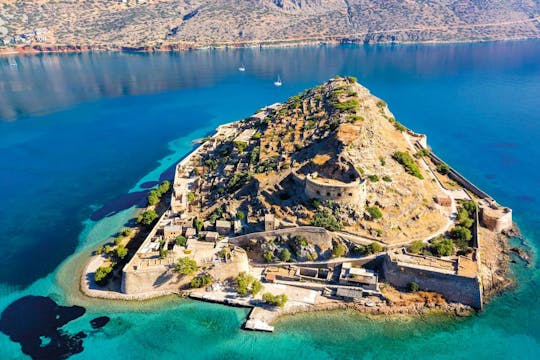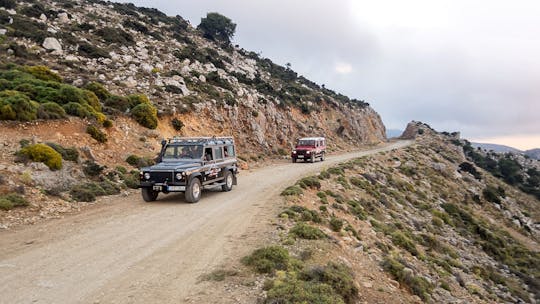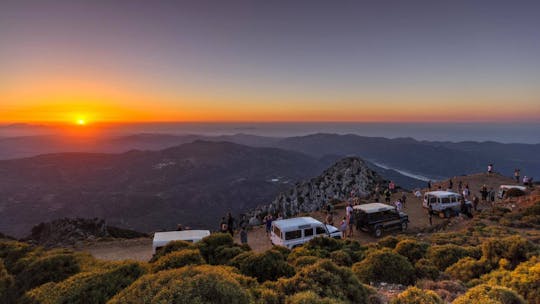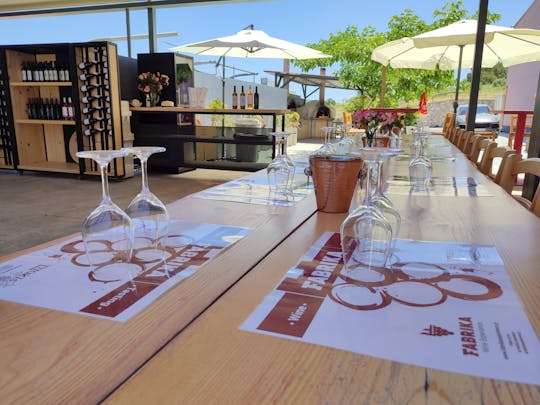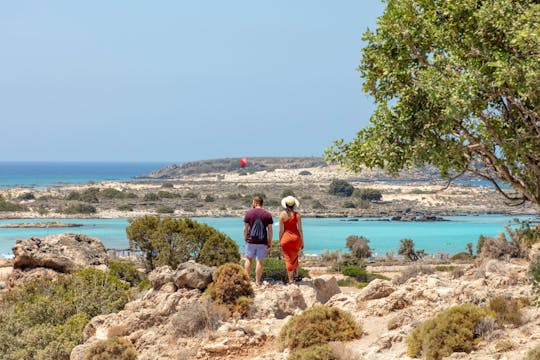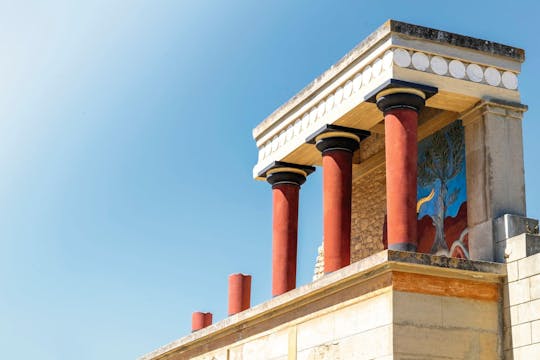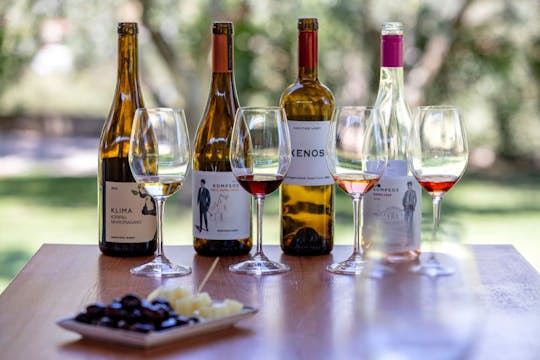I would thoroughly recommend this trip to anyone. The whole family enjoyed it (my boys are 12 and 15). It was interesting, the guides were brilliant and it felt totally authentic. The cookery lesson in the afternoon was fantastic as was the setting and lovely to be able to buy some of the products we had seen (and sampled!) in the afternoon. If you are considering a trip (especially if you are a ‘foodie’) choose this one. I have been on lots of trips over the years. This was the best!
Approximate itinerary and duration of activities
Introduction - 15 minutes
Walking tour through the olive trees - 30 minutes
Pause for questions and raki drink - 15 minutes
Olive oil factory tour - 40 minutes
Olive oil tasting and questions - 55 minutes
Cooking demonstration and tastings - 30 minutes
Please note the order of activities may vary at your guide's discretion
With millennia of experience behind them, it's no wonder the people of Crete produce some of the finest olive oil in the world. You will appreciate the timeless bond between Cretans and their revered olive trees as you trace the long heritage of olive cultivation on the island.
Just outside Kritsa village in the hills of eastern Crete, you'll follow Nikos Plevritakis on a brief walk to his olive groves where some trees are 600-800 years old, and learn about olive cultivation from a true specialist.
In the shade of the olive trees, you can try local raki known as ‘tsikoudia' with olives to nibble on while discussing the cultural and societal significance of olive cultivation in Crete.
Then it's time to visit a local cooperative factory, to see up close how olives are processed into world-class olive oil. Back on the Olive Path, seize the chance to taste fresh figs, almonds, and grapes, see what the locals are growing, and find out all about the Cretan lifestyle and diet.
Then, at an olive farm, you can sample olives, fresh tomatoes, and raki before your olive oil tasting session begins – a great opportunity to learn how to taste oils like a professional and compare the flavor profiles of different varieties.
Finish off the day with a cooking lesson on various ways to use olive oil in Cretan cuisine. Authentic dishes, such as tzatziki and Greek salad will feature, and you'll find out why the traditional Cretan diet is so beneficial to health and longevity.
